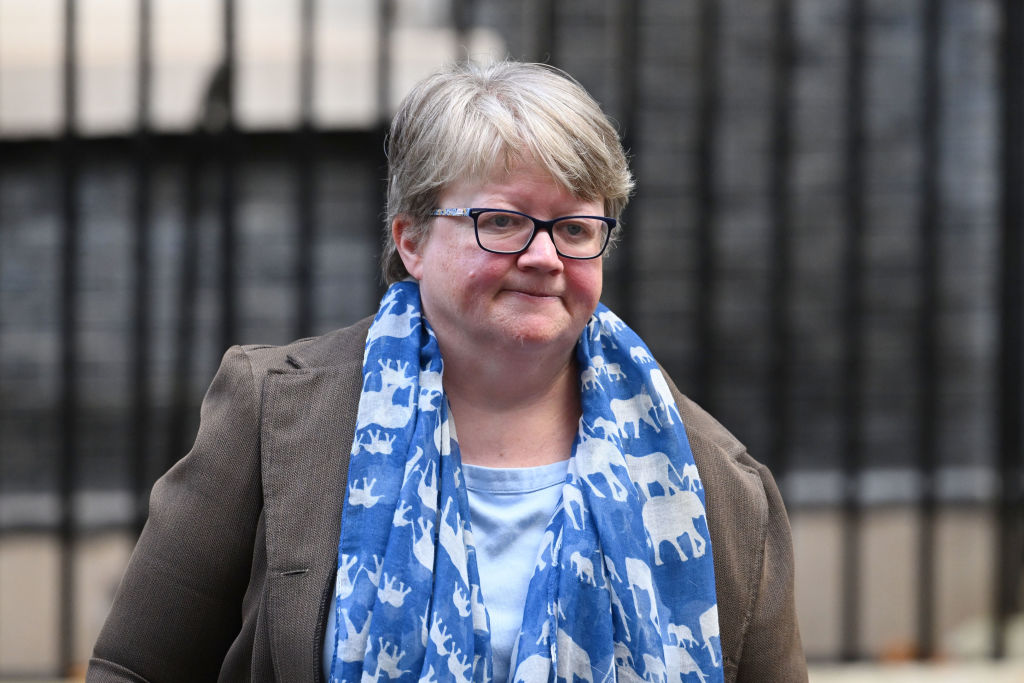Water companies ordered to share plans for fixing sewage spills as Coffey considers tougher fines

Water companies across England will have to explain why storm outflows are happening and what is being done to fix them, under new government plans to clamp down on sewage spills.
Environment Secretary Therese Coffey wants all water and sewerage firms to provide an improvement plan for every storm outflow – with suppliers being told to prioritise sewage reductions at bathing sites and nature habitats.
Ingesting harmful bacteria from human waste such as coliforms can lead to nausea, vomiting and diarrhoea.
It can also cause more serious infections in the elderly or immune-compromised – targeting the lungs, skin, eyes, nervous system, kidneys or liver.
Companies also face the prospect of immediate fines for polluting rivers, lakes and seas, as Coffey is looking to make it easier and quicker to hit polluting companies with penalties.
This means water suppliers will have to cough up straight away rather than waiting for criminal prosecutions to conclude.
Coffey said: “People are concerned about the impacts of sewage entering our rivers and seas and I am crystal clear that this is totally unacceptable.
“I am now demanding every company to come back to me with a clear plan for what they are doing on every storm overflow, prioritising those near sites where people swim and our most precious habitats.”
Coffey also slapped down speculation she wanted to ease potential increases in fines for water companies.
She confirmed that when it came to the upper limit of fines, “all options remain on the table,” including the £250m maximum fine cap proposed by predecessor Ranil Jayawardena.
This follows Prime Minister Rishi Sunak denying reports last week that Coffey was backing away from plans to hike the maximum fine from £250,000 to £250m.
A consultation will be held on changes to the penalty cap this spring.
Currently Ofwat and the Environment Agency are investigating every company across the industry over potentially unauthorised sewage spills, and have taken enforcement action against six suppliers.
Jim McMahon, Labour’s Shadow Environment Secretary, dismissed the improvement plan, and called on the government to “end the fudge and get real” with mandatory monitoring and automatic fines for discharges.
He said: “If Therese Coffey really wanted to clean up the Tory sewage scandal, she would implement Labour’s robust approach, rather than yet another ‘improvement plan’ that allows water companies to mark their own homework and doesn’t deliver action.
“But Coffey has form, having been the water minister that presided over a new sewage dumping event every four minutes and rolled back action on water pollution.”
When approached for comment, industry body Water UK defended its approach to tackling sewage spills, outlining the investment commitments of suppliers.
A spokesperson said: “Water companies wholeheartedly support the Government’s ambition and agree with the urgent need for action. The industry is already investing heavily to urgently tackle spills from storm overflows and increased monitoring is allowing them to target spending where it is needed most.
“The sector has also committed to spending a record £56bn to replumb England in one of the largest infrastructure programmes ever. This includes removing every high-spilling overflow in England, and protecting areas used for bathing.”